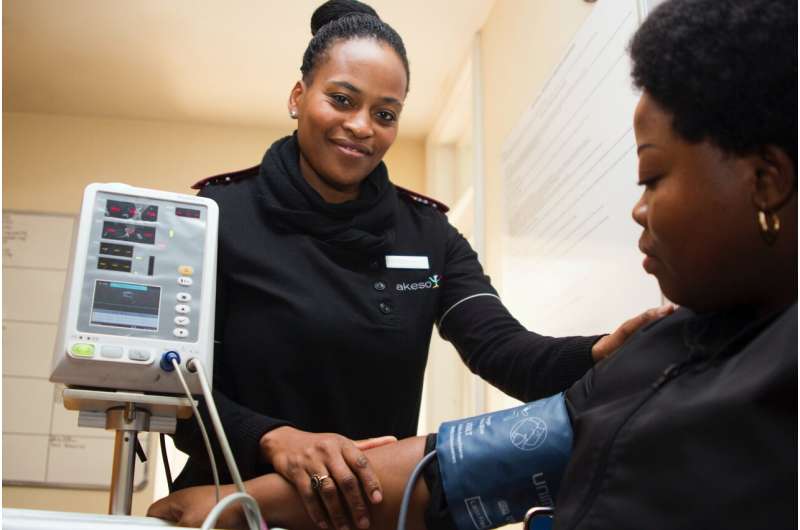
In treating cancer, personalized medicine means recognizing that the same disease can behave differently from one patient to another, and precision medicine means that diagnosis and treatment should involve understanding the specific genetic makeup of each patient’s tumor and disease.
In a recent study, published October 4, 2021 in Genome Medicine, researchers at University of California San Diego School of Medicine and Moores Cancer Center at UC San Diego Health, with colleagues elsewhere, report that conducting genomic evaluations of advanced malignancies can be effective in guiding first-line-of-treatment, rather than waiting until standard-of-care therapies have failed.
By their nature, cancers are molecularly complex, each with a heterogeneous combination of genetic mutations that—more often than not—defy easy treatment. With every stage and line of therapy, tumor cells adapt to become more resistant to remedy.
The study authors hypothesized that developing matched, individualized combination therapies for patients with advanced cancers who had not been previously treated might be feasible and effective.
Just under 150 adults with newly diagnosed cases of advance malignancies were enrolled in the prospective study at two sites: Moores Cancer Center and Avera Cancer Institute in Sioux Falls, South Dakota. The patients had either incurable, lethal cancers (at least a 50 percent cancer-associated mortality rate within two years) or they had a rare tumor with no approved therapies.
Researchers performed extensive genomic profiling of all patients, identifying and documenting all detectable gene mutations to create a molecular profile of each patient’s tumor that would guide their precision cancer therapy.
“Each patient received a personalized N-of-1 treatment plan that optimally matched therapeutic agents to their tumor’s distinct biology, while also taking into account other variables, such as underlying conditions or co-morbidities unique to that patient,” said first author Jason Sicklick, MD, professor of surgery at UC San Diego School of Medicine and surgical oncologist at Moores Cancer Center.
Of the 145 patients, 76 received personalized treatment based on their molecular profile, using a host of therapeutic approaches, from immunotherapies to targeted agents to traditional chemotherapeutic agents that were matched to their tumor’s genomic profile. Sixty-nine patients could not be treated due to a variety of reasons, including inadequate organ function, clinical deterioration and death during the study period.
For the 76 patients who received precision cancer therapy, the median overall survival rate was 6.9 months compared to three months for patients who were not treated.
“This speaks to the aggressive biology of these cancers as many of these patients did not even receive standard of care treatment as opposed to a failure of a precision medicine approach,” said the authors. “Failure of molecular profiling (tissue and blood) affected only three (2 percent) of consented patients, suggesting it was feasible to perform molecular profiling in 98 percent of patients.”
The findings, concluded the researchers, affirm the tenets of precision-personalized medicine, the benefits of targeting multiple drivers of disease rather than single causes.
Source: Read Full Article
